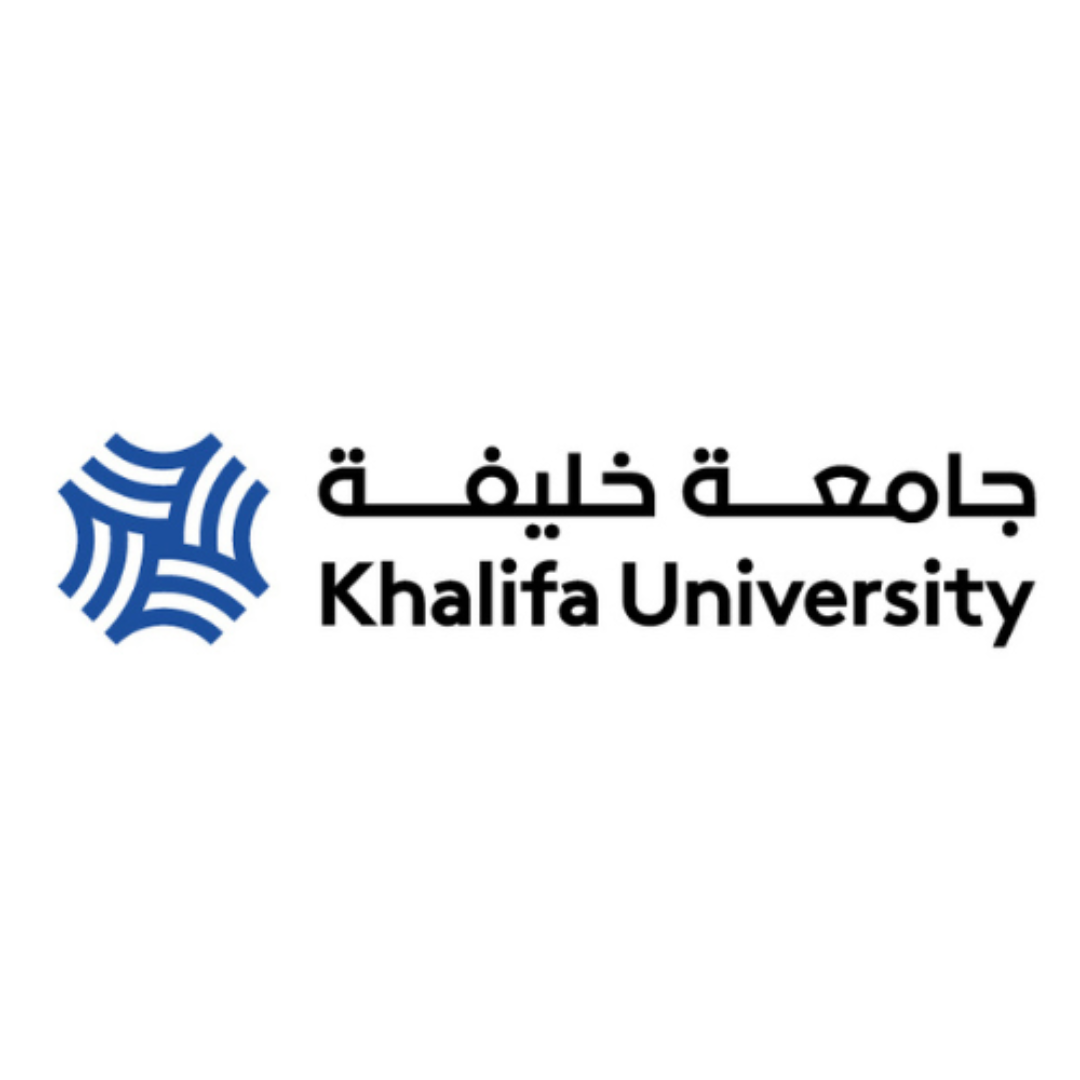📖Program Curriculum
The first consists of a series of foundational topics in the civil engineering profession and practical laboratory sessions, which aims to provide a solid knowledge base for subsequent of the BEng programme. There are also individual project modules which promote independent working among students and builds confidence in decision making which will be needed in future practice.
Modules
Geotechnics and Construction Materials – 20 credits
Surveying and Transportation Engineering – 20 credits
Construction Project – 20 credits
Structural Analysis and Mathematics – 20 credits
Structural Engineering Design Project – 20 credits
Sustainable Environments – 20 credits
We regularly review our course content, to make it relevant and current for the benefit of our students. For these reasons, course modules may be updated.
In two, you will continue to develop the skills and knowledge you’ve learnt. We do this by embedding the following four principles into the curriculum and developing your:
Technical skills – digital fluency, backed with the right academic knowledgeStudy skills – to be an adaptive, independent and proactive learnerProfessional skills – to have the behaviour and abilities to succeed in your careerGlobal awareness – the beliefs and abilities to be a resilient, confident and motivated global citizen
Modules
Hydraulics and Transportation Engineering – 20 credits
Structural Analysis and Design – 20 credits
Civil Engineering Design Project – 20 credits
Soil Mechanics and Materials – 20 credits
Energy Project Management with EIA - 20 credits
Sustainable Environments in Society: Developing Solutions – 20 credits
We regularly review our course content, to make it relevant and current for the benefit of our students. For these reasons, course modules may be updated.
There’s no better way to find out what you love doing than trying it out for yourself, which is why a work placement2 can often be beneficial. Work placements usually occur between your second and final of study. They’re a great way to help you explore your potential career path and gain valuable work experience, whilst developing transferable skills for the future.
If you choose to do a work placement, you will pay a reduced tuition fee3 of £1250. For more information, please go to the fees and funding section. During this time, you will receive guidance from your employer or partner institution, along with your assigned academic mentor who will ensure you have the support you need to complete your placement.
Modules
UK Work Placement – 0 credits
International Study/Work Placement – 0 credits
We regularly review our course content, to make it relevant and current for the benefit of our students. For these reasons, course modules may be updated.The third aims to bring students to the level necessary to enter professional practice as an Incorporated Civil and Environmental Engineer; reflecting both the latest advances and research work in the subject together with the contemporary job market.
At this stage, each student will also undertake a body of independent research during Year 3 of their course within their ‘Research Dissertation’ module. The module leader coordinates the operation of this module – organises research training sessions for students, disseminates submission requirements and marking criteria, briefs students on gaining ethics approval etc. Students are given a list of supervisors and indicative titles / areas of research at the end of their second and select their project and supervisor accordingly. They meet their project supervisor within designated academic personal tutor meetings during Semester one to begin planning the project and discuss progress on preparatory work. They then undertake the main body of the project work during Semester two.
Within your individual project, you will be expected to carry out detailed research into a technical aspect from the course with the help of an experienced supervisor. Project topics typically relate to research areas of supervisors and take the form of experimental projects largely relating to structural, material, sustainable or geomaterial research.
Modules
Interdisciplinary Project – 20 credits
Research Dissertation – 20 credits
Engineering Hydrology – 20 credits
Optional modules, 2 from the following 3:
Optional module, 1 from the following 2:
We regularly review our course content, to make it relevant and current for the benefit of our students. For these reasons, course modules may be updated.








